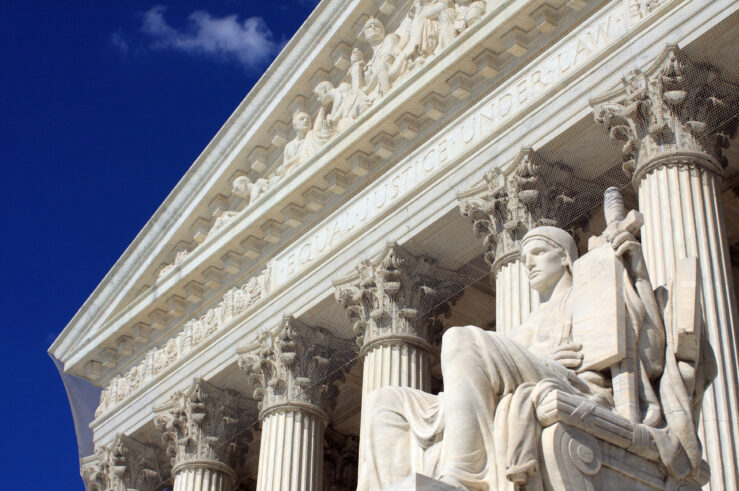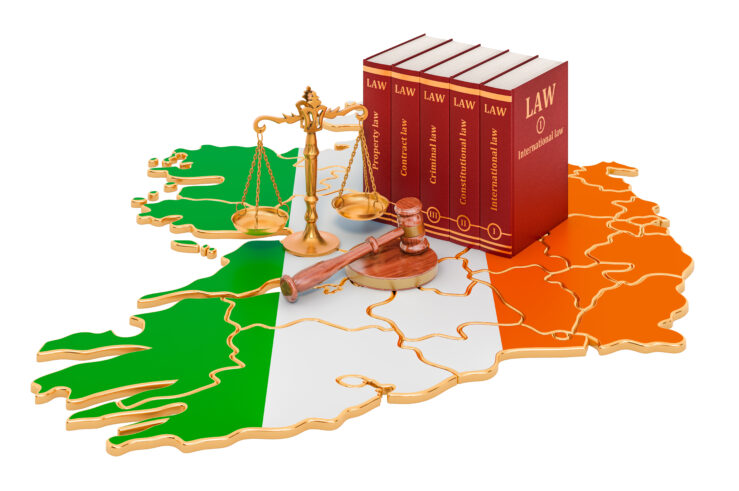Showing results for: “digital markets act”
Antitrust Lessons from AT&T’s M&A Fiasco
The chorus of condemnation continued with vigor even after the DOJ’s loss in court and AT&T’s consummation of the transaction. With AT&T’s May 17 announcement that it will unwind the two-year-old acquisition and therefore abandon its strategy to integrate content and distribution, it is clear these predictions of impending market dominance were unfounded. This widely ... Antitrust Lessons from AT&T’s M&A Fiasco
The Digital Markets Act Shouldn’t Mandate Radical Interoperability
Despite calls from some NGOs to mandate radical interoperability, the EU’s draft Digital Markets Act (DMA) adopted a more measured approach, requiring full interoperability only in “ancillary” services like identification or payment systems. There remains the possibility, however, that the DMA proposal will be amended to include stronger interoperability mandates, or that such amendments will ... The Digital Markets Act Shouldn’t Mandate Radical Interoperability
In Defense of the Jones Act
Chances are, if you have heard of the Jones Act, you probably think it needs to be repealed. That is, at least, the consensus in the economics profession. However, this consensus seems to be driven by an application of the sort of rules of thumb that one picks up from economics courses, rather than an ... In Defense of the Jones Act
What You Need to Know About the EU’s New AI Regulation
The European Commission this week published its proposed Artificial Intelligence Regulation, setting out new rules for “artificial intelligence systems” used within the European Union. The regulation—the commission’s attempt to limit pernicious uses of AI without discouraging its adoption in beneficial cases—casts a wide net in defining AI to include essentially any software developed using machine ... What You Need to Know About the EU’s New AI Regulation
An L&E Defense of the First Amendment’s Protection of Private Ordering
In his recent concurrence in Biden v. Knight, Justice Clarence Thomas sketched a roadmap for how to regulate social-media platforms. The animating factor for Thomas, much like for other conservatives, appears to be a sense that Big Tech has exhibited anti-conservative bias in its moderation decisions, most prominently by excluding former President Donald Trump from ... An L&E Defense of the First Amendment’s Protection of Private Ordering
The Future of FTC Equitable Monetary Relief after AMG Capital Management
The U.S. Supreme Court’s just-published unanimous decision in AMG Capital Management LLC v. FTC—holding that Section 13(b) of the Federal Trade Commission Act does not authorize the commission to obtain court-ordered equitable monetary relief (such as restitution or disgorgement)—is not surprising. Moreover, by dissipating the cloud of litigation uncertainty that has surrounded the FTC’s recent ... The Future of FTC Equitable Monetary Relief after AMG Capital Management
Irish Decision Will Raise Stakes to Resolve Transatlantic Data Trade
We can expect a decision very soon from the High Court of Ireland on last summer’s Irish Data Protection Commission (“IDPC”) decision that placed serious impediments in the transfer data across the Atlantic. That decision, coupled with the July 2020 Court of Justice of the European Union (“CJEU”) decision to invalidate the Privacy Shield agreement ... Irish Decision Will Raise Stakes to Resolve Transatlantic Data Trade
Four Reasons to Reject Neo-Brandeisian Critiques of the Consumer Welfare Approach to Antitrust
In the battle of ideas, it is quite useful to be able to brandish clear and concise debating points in support of a proposition, backed by solid analysis. Toward that end, in a recent primer about antitrust law published by the Mercatus Center, I advance four reasons to reject neo-Brandeisian critiques of the consensus (at ... Four Reasons to Reject Neo-Brandeisian Critiques of the Consumer Welfare Approach to Antitrust
The FTC Did Not ‘Fumble the Future’ in Its Google Search Investigation
Politico has released a cache of confidential Federal Trade Commission (FTC) documents in connection with a series of articles on the commission’s antitrust probe into Google Search a decade ago. The headline of the first piece in the series argues the FTC “fumbled the future” by failing to follow through on staff recommendations to pursue ... The FTC Did Not ‘Fumble the Future’ in Its Google Search Investigation
Committee Prepares to Grill Tech CEOS, but It Is the First Amendment That Could Get Torched
In what has become regularly scheduled programming on Capitol Hill, Facebook CEO Mark Zuckerberg, Twitter CEO Jack Dorsey, and Google CEO Sundar Pichai will be subject to yet another round of congressional grilling—this time, about the platforms’ content-moderation policies—during a March 25 joint hearing of two subcommittees of the House Energy and Commerce Committee. The ... Committee Prepares to Grill Tech CEOS, but It Is the First Amendment That Could Get Torched
Understanding the European Commission’s dispute with AstraZeneca
In order to understand the lack of apparent basis for the European Commission’s claims that AstraZeneca is in breach of its contractual obligations to supply it with vaccine doses, it is necessary to understand the difference between stock and flow. If I have 1,000 widgets in my warehouse, and agree to sell 700 of them ... Understanding the European Commission’s dispute with AstraZeneca
The Problem of Data Property Rights
Policy discussions about the use of personal data often have “less is more” as a background assumption; that data is overconsumed relative to some hypothetical optimal baseline. This overriding skepticism has been the backdrop for sweeping new privacy regulations, such as the California Consumer Privacy Act (CCPA) and the EU’s General Data Protection Regulation (GDPR). ... The Problem of Data Property Rights














